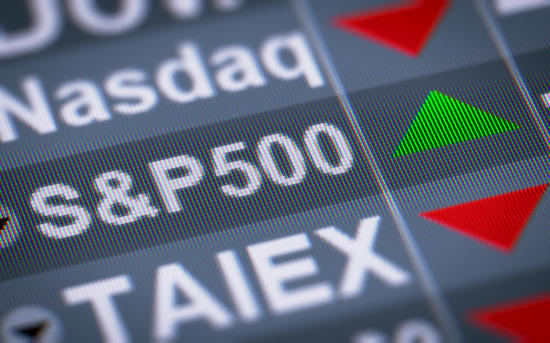While China’s stock markets have reached decade-highs, Nomura economists question whether this rally can meaningfully boost the country’s growth outlook. The previous stock market bull run China experienced a decade ago was unable to provide a meaningful boost to the real economy, and our economists expect even less expansionary effect this time.
The boom and bust in 2014-15
In 2014-15, China’s stock markets experienced a dramatic boom and bust cycle. From mid-2014 to mid-2015, the Shanghai Composite Index (SCI) skyrocketed by around 150%, driven by a speculative frenzy among millions of retail investors. However, after the euphoria peaked in mid-June of 2015, the bubble popped by the end of the same month. Major aftershocks occurred in July and August, with the SCI plummeting by over 40% from its peak.
A review of major economic indicators suggests the impact of the stock rally on the real economy was rather limited, with the exception of an increase in financial sector GDP, which was significantly boosted by buoyant stock trading. Retail sales growth in four tier-1 cities weakened in H1 2015 in comparison with that in 2014, indicating the stock market gains did not translate into an increase in consumption. A reason behind the limited wealth effects is the small portion of stock assets in household balance sheets, which accounted for only 1.3% of total assets.
Regulators’ tight grip limits the income effect even further
As the regulatory environment in China’s financial market has now become more stringent, the benefit accrued from the rally could be significantly less than a decade ago. The tight regulatory grip on IPOs could limit wealth creation prospects for entrepreneurs and investors, while the decrease in broker commission fees and a broad-based salary cap on financial practitioners limit their potential incomes. Therefore, we believe the impact of buoyed trading volumes on the financial sector could be much smaller today than in 2014-15.
Housing markets in major financial hubs might also benefit little, as housing demand is now much less than it was a decade ago. After more than four years of an unprecedented property slump, homebuyers and investors’ confidence in China’s housing prices has dampened.
The policy dilemma
The ongoing stock rally should have a limited expansionary effect on China’s real economy, and the government should not rely on it to boost slowing growth. As retail investors pile into trading and the media talk up the bull market, it could potentially lead to a rise in irrational exuberance, an increase in leverage and the formation of another bubble. This puts Beijing in a policy dilemma, as high-profile easing measures such as rate and RRR cuts could fan the flames but doing nothing risks worsening the country’s slowdown.
In our view, the best strategy Beijing could adopt now is to remain vigilance by avoiding high-profile or contractionary policies, focus on cleaning up the property sector and addressing the country’s deep-rooted problems, such as the unequal social security system. Beijing may consider stepping up its stimulus measures to provide a boost to the economy when the stock market enthusiasm cools. We see little chance of the People’s Bank of China cutting policy rates in September, and we continue to expect a 10bp policy rate cut and a 50bp RRR cut in Q4, though the exact timing is quite uncertain.


